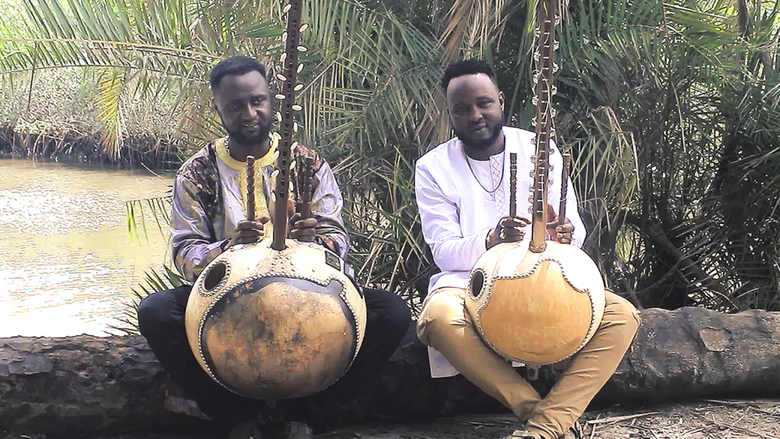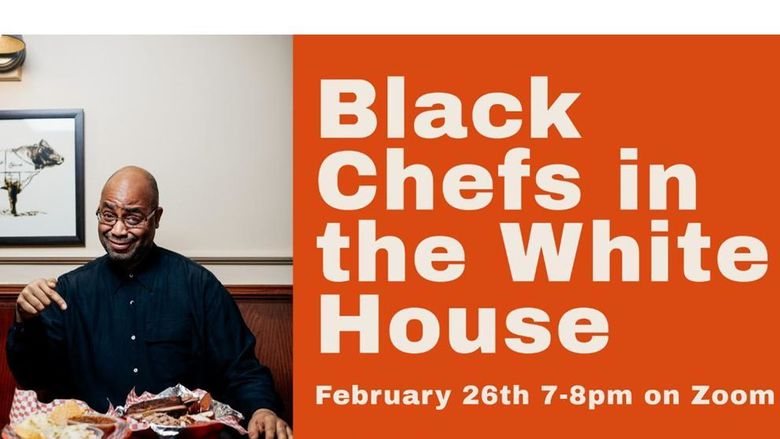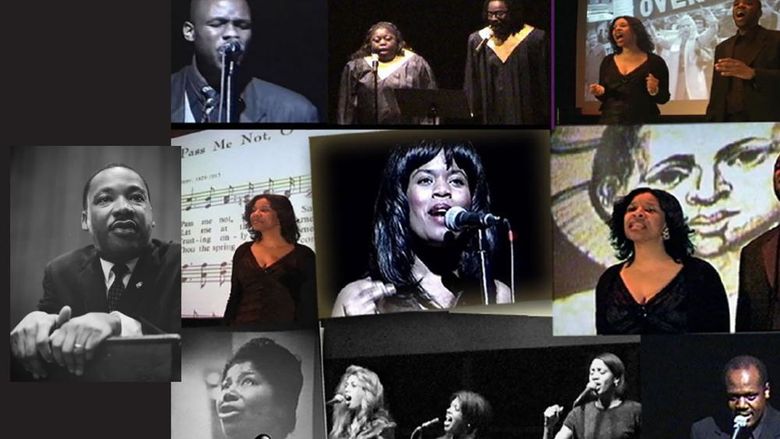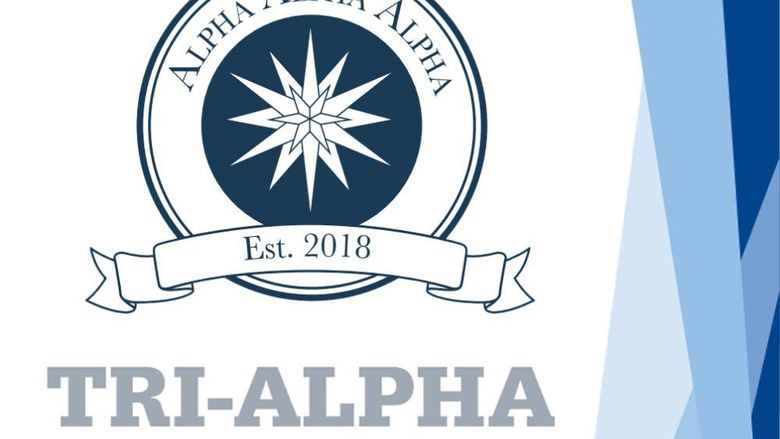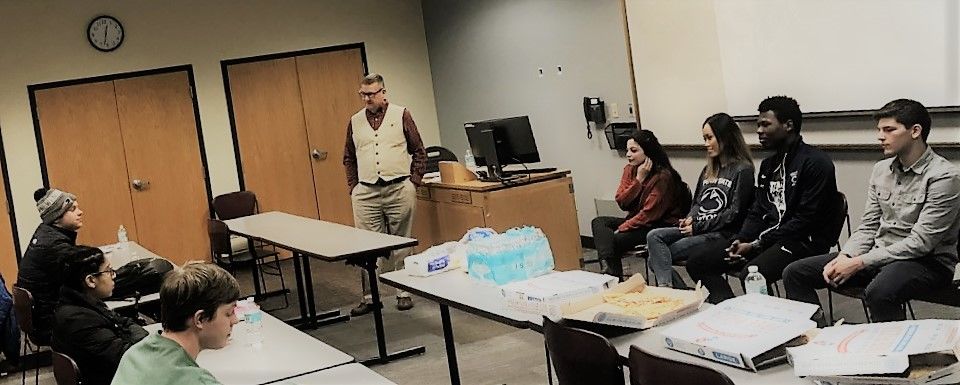
International students, from left: Fagr Mahana, a sophomore from Egypt; Huynh (Quinn) Nguyen, a sophomore from Vietnam; Christian Toussaint, a junior originally from Haiti; and Nimrod Chapo, a freshman from Israel recently shared their experiences with classmates in Todd Adam's honors program presentation.
Penn State Scranton is increasingly proving itself to be a welcoming campus for international students, as a recent campus event illustrated.
Recently, the campus Honors Program hosted a presentation featuring the unique cultural perspectives of four foreign-born students: Christian Toussaint, a junior originally from Haiti; Fagr Mahana, a sophomore from Egypt; Huynh (Quinn) Nguyen, a sophomore from Vietnam; and Nimrod Chapo, a freshman from Israel.
Todd Adams, campus honors program co-coordinator and assistant professor of philosophy, said he makes it a point to host presentations like this every so often as a means of broadening the campus community’s multicultural knowledge.
“We really do have a wide variety of students on this campus, and it’s great to learn what life is like in their home countries.”
-- Todd Adams, campus honors program co-coordinator and assistant professor of philosophy at Penn State Scranton
From there, Adams engaged in a question-and-answer session with the students before opening up the floor to audience questions.
On the topic of languages, all four students said they’ve been multilingual from an early age. For instance, Mahana has been able to speak English and French in addition to her native Arabic since the first grade.
“In Vietnam, students are learning English in the sixth grade. You have to take it,” added Nguyen, noting the country’s French influence continues through the language also being taught in schools.
Mahana and Nguyen both noted that the primary and secondary educational systems in their home countries are more rigorous than in the states. Nguyen said she was surprised to be assigned algebra in her American high school, considering she had already taken it as a seventh grader in Vietnam.
“In Egypt, we only had one school, and we didn’t switch classes for different subjects,” Mahana said. “I found that very confusing when I first came here.”
Toussaint moved to the United States nearly a decade ago from the Haitian capital of Port-au-Prince, following in the footsteps of his brother, a recent graduate of Rochester Institute of Technology. He said that the educational and professional opportunities are far greater in the states than in Haiti, especially since the Caribbean nation’s devastating 2010 earthquake.
While Israel is a highly developed western-style democracy, the overall quality of life is better here, in Chapo’s opinion.
“Israel is very crowded,” he said. “And the education system is better here.”
Regarding cultural perceptions of the U.S., Toussaint said Haitians view this country favorably from an educational standpoint. Politically, though, it’s perhaps a bit more negative, he said.
However, U.S.--Vietnamese relations have improved considerably since the end of the Vietnam War, now that the two countries are trade partners, Nguyen said.
Culturally, the students have all adjusted well. That said, there are moments when they feel a bit out of the loop, like when Toussaint hears his soccer teammates play unfamiliar songs, or when Mahana gets confused when friends discuss various television shows.
“There is some culture shock,” Toussaint admitted.
When Meg Hatch, honors program co-coordinator and associate professor of biology, asked if they missed any particular foods from their homeland, each student nodded in agreement.
“There are some Mediterranean restaurants here, but it’s not the same taste,” Mahana said.
“I feel like the restaurants here – they have to adapt,” Toussaint added. “They have to Americanize it.”
All four students said they’re excited about exploring different parts of the U.S. And, for the most part, they can see themselves making a permanent home here, although Toussaint said he’d love to return to his home country one day in hopes of making a positive difference.
“I try to go back to Haiti every time I have the chance. I don’t think I’ve missed a holiday yet,” he said.

